
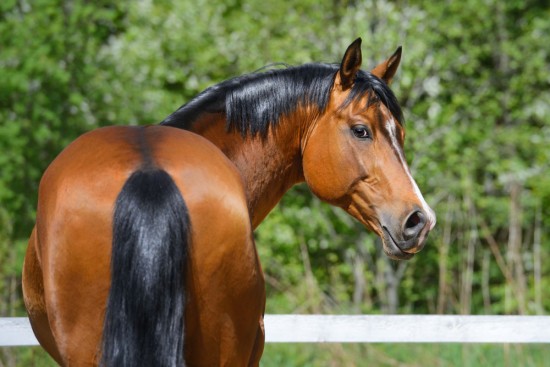
Colic refers to the symptomatic abdominal pain that horses can suffer from as the result of a range of possible gastrointestinal conditions and problems. Colic can be caused due to many different contributing factors, and the root cause of any case of colic may not always be obvious or identifiable. Colic is a potentially serious condition, which left untreated, can lead to the further complication of twisted gut, and can prove fatal. It is estimated that around 10% of horses will suffer from at least one bout of colic at some point over the course of their lives.
There are a wide range of different symptoms that may manifest in a horse suffering from colic, and your horse may display just one or two of these, or any number of them in combination. Colic is generally acute in onset, and can quickly progress from a moderate stomachache to a very painful and potentially life-threatening condition. If your horse has colic or you suspect that they may be in the early stages of developing colic, you should call your vet immediately as a matter of urgency.
Be on the lookout for the following signs and symptoms:
As mentioned, colic is a veterinary emergency, and should not be left in the hope that it will resolve itself. Call your vet and explain the symptoms, and ask your vet to attend as soon as possible. Depending on the type of symptoms that your horse is exhibiting, the likely causes of the colic developing and the severity of the problem, your vet may decide to treat your horse in a variety of different ways.
Some horses and ponies are more prone to suffering from colic than others, and while colic is often an isolated, one-off occurrence, other animals will be at an increased risk of developing colic again in the future after their initial bout. Colic is one of the more common potentially serious conditions that horses and ponies can be prone to, and due to this, the knowledge and awareness of colic and its symptoms by the horse riding community tends to be fairly good. This often leads to the symptoms of colic being identified and treated early on, giving the horse or pony the best chances of making a full recovery.
The survival and recovery rate for horses with colic varies greatly, and in a large part depends on how quickly the condition is identified, and treatment for it sought. Mild colic, and even more severe cases that are treated appropriately can generally be resolved, although treatment can be costly and take several hours to take effect. In more serious cases, particularly where the stomach ruptures or the gut twists, the mortality rate is significantly increased, as treatment is much more difficult and generally involves surgical intervention.
It is not always possible to prevent colic, because it is not always possible to identify the underlying cause of the condition, although a range of common factors such as worm infestation, incorrect feeding and other issues often contribute to it. There are, however, various ways in which you as a horse owner can minimise the chances of your horse or pony developing colic, and try to prevent colic from occurring in the first place.
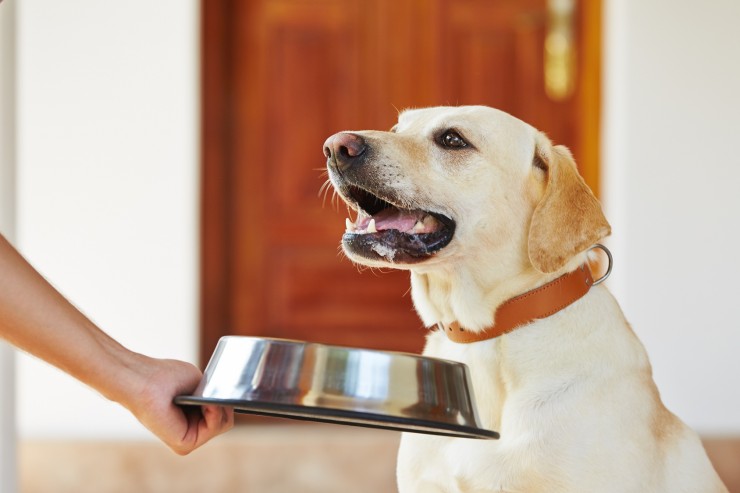 Feeding A Dog With Heart Failure
Feeding A Dog Wit
Feeding A Dog With Heart Failure
Feeding A Dog Wit
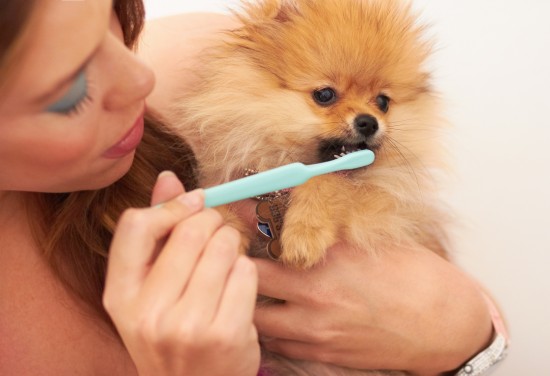 Improving Your Dog’s Dental Health For Life
Improving Your Do
Improving Your Dog’s Dental Health For Life
Improving Your Do
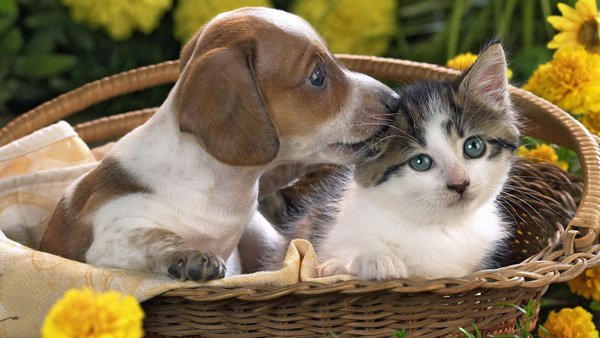 Goat fence which has a range associated with flexibility and eyes
Goat fence which has a range associated with flexibility a
Goat fence which has a range associated with flexibility and eyes
Goat fence which has a range associated with flexibility a
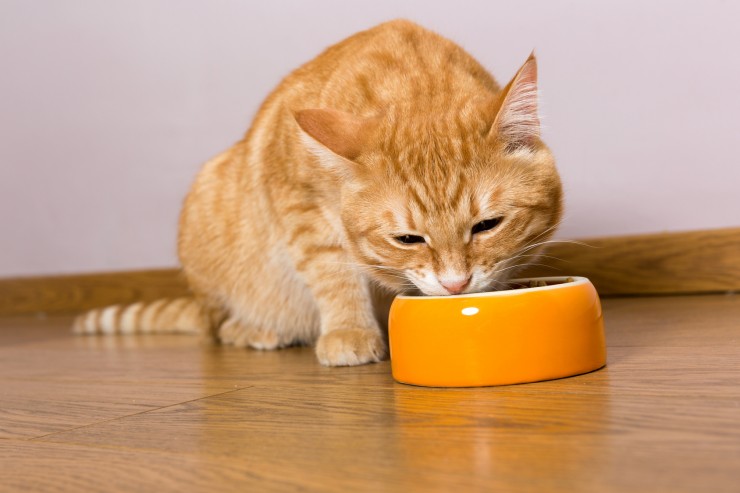 What To Feed Cats Suffering From Cancer
What To Feed Cats
What To Feed Cats Suffering From Cancer
What To Feed Cats
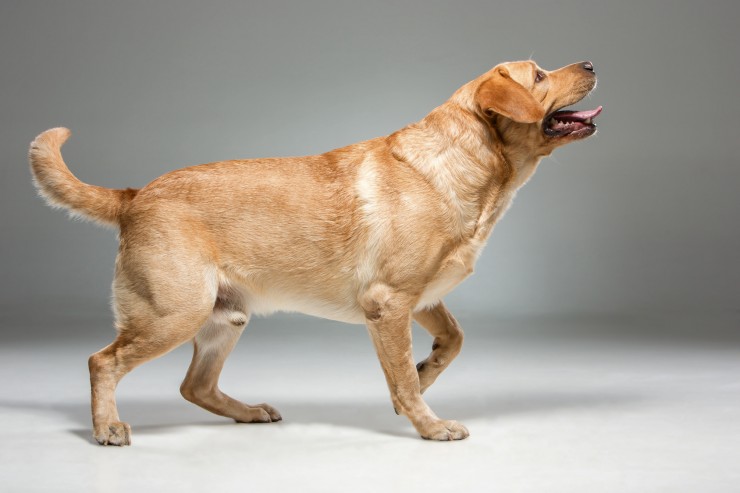 Larger Dog Breeds That Make Great Family Pets
Larger Dog Breeds
Larger Dog Breeds That Make Great Family Pets
Larger Dog Breeds
Copyright © 2005-2016 Pet Information All Rights Reserved
Contact us: www162date@outlook.com